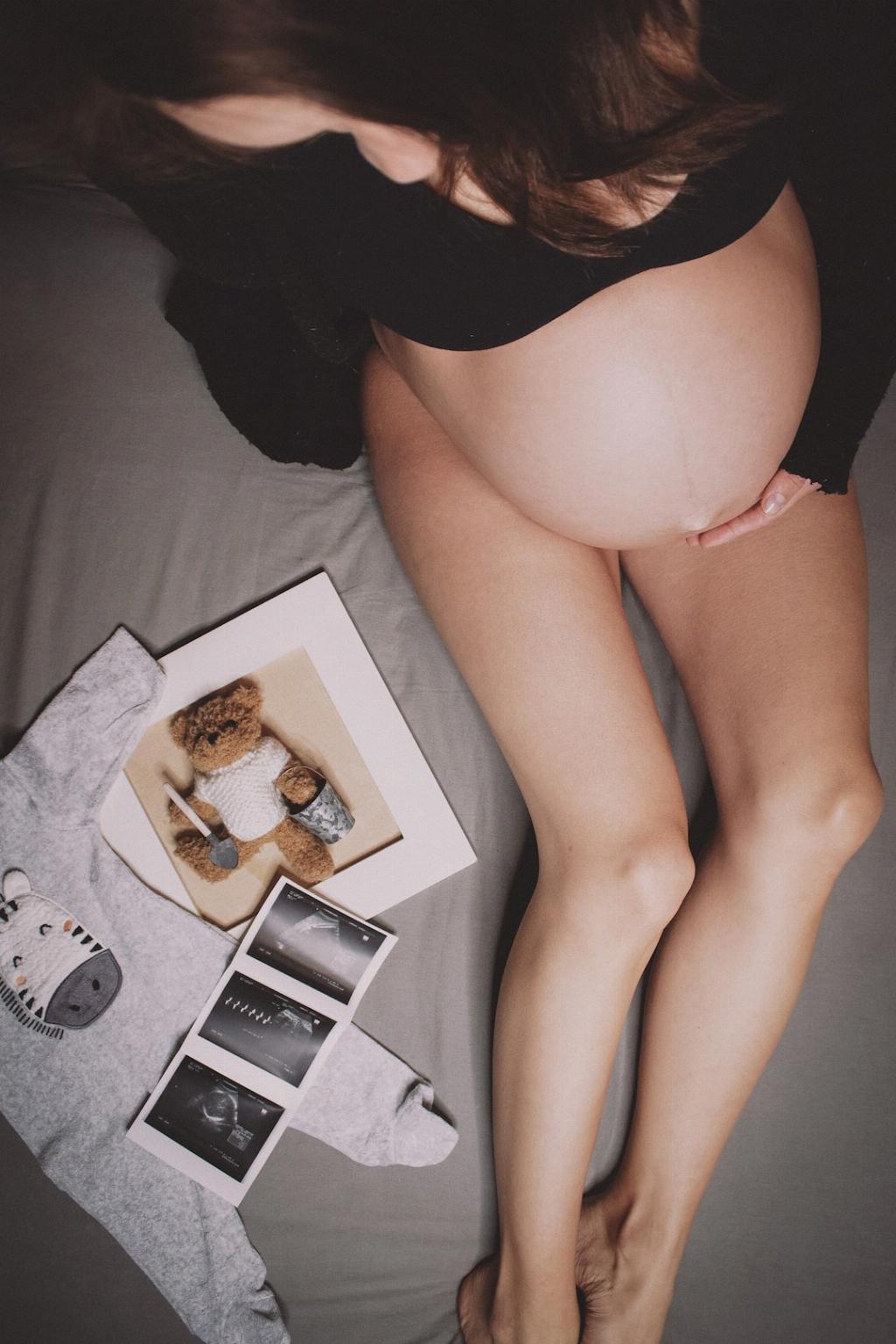When you drink alcohol during the early stages of pregnancy, it can have serious consequences for both you and your developing baby. The impact of alcohol on a developing fetus is a topic that has gained significant attention in recent years, and for good reason.
Drinking alcohol during pregnancy can increase the risk of miscarriage. The developing embryo is highly vulnerable in the early weeks of pregnancy, and alcohol consumption can interfere with crucial developmental processes, potentially leading to a miscarriage.
Another risk of drinking alcohol in the early stages of pregnancy is the increased likelihood of premature birth. Alcohol can disrupt the normal development of the fetus, leading to preterm labor and delivery.
Additionally, babies born to mothers who drank alcohol during pregnancy are at risk of having a low birthweight. Low birthweight can result in various health challenges for the infant, including developmental delays and a higher susceptibility to infections.
One of the most concerning outcomes of prenatal alcohol exposure is the risk of the baby developing foetal alcohol spectrum disorder (FASD). This is a serious condition that can cause lifelong physical, cognitive, and behavioral issues for the affected individual.
Individuals with FASD may exhibit a range of symptoms, including intellectual disabilities, learning difficulties, poor impulse control, and social challenges. These symptoms can significantly impact the individual’s quality of life and their ability to function in various settings.
It is important to note that the effects of alcohol on a developing fetus are not limited to physical health. Prenatal alcohol exposure can also have profound emotional and behavioral consequences for the child throughout their life.
Furthermore, the impact of prenatal alcohol exposure is not restricted to infancy or childhood. The effects of FASD can persist into adulthood, affecting the individual’s relationships, education, employment opportunities, and overall well-being.
It is essential for individuals who are pregnant or planning to conceive to understand the risks associated with alcohol consumption during pregnancy. Seeking support and guidance from healthcare professionals can help prevent the potentially devastating consequences of prenatal alcohol exposure.
Ultimately, the decision to avoid alcohol during pregnancy is a crucial step in ensuring the health and well-being of both the mother and the developing baby. By making informed choices and prioritizing the safety of the unborn child, expectant mothers can help set the foundation for a healthy future.
Remember, the effects of alcohol on a developing fetus can be significant and long-lasting. Choosing to abstain from alcohol during pregnancy is a proactive and responsible decision that can protect the health and future of your child.

